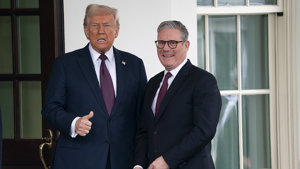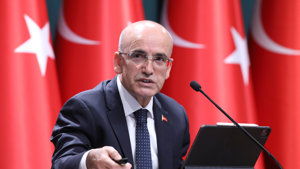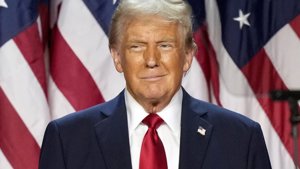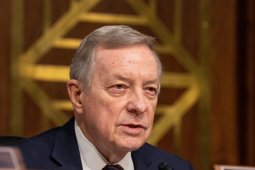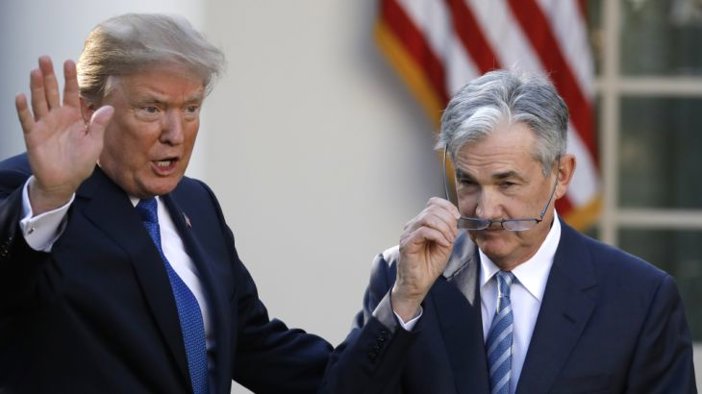
Trump Slams Powell Over 2024 Rate Cuts
United States President Donald Trump claimed on Monday that Federal Reserve Chair Jerome Powell strategically delayed interest rate cuts—except when doing so could benefit then-President Joe Biden and Vice President Kamala Harris in their 2024 reelection campaign. Trump made the accusation in a pointed Truth Social post.
"With Energy Costs way down, food prices (including Biden's egg disaster!) substantially lower, and most other 'things' trending down, there is virtually No Inflation. With these costs trending so nicely downward, just what I predicted they would do, there can almost be no inflation, but there can be a SLOWING of the economy unless Mr. Too Late, a major loser, lowers interest rates, NOW," Trump wrote.
He argued that Powell, whom he referred to as “Mr. Too Late,” failed to act in a timely manner throughout his tenure—except in instances where political motives allegedly influenced decisions. Trump has publicly and repeatedly urged Powell to slash interest rates in recent weeks, warning that failure to do so could slow economic growth.
At the center of the controversy is Trump’s accusation that Powell’s decisions served to assist his political opponents. The statement intensifies long-standing tensions between Trump and the Fed chair, whom he has often criticized for not aligning monetary policy with his administration’s objectives.
In parallel, media reports suggest that President Trump is actively exploring options to remove Powell from office, despite the Federal Reserve’s institutional emphasis on political independence. The White House has not officially confirmed such efforts, but speculation has fueled fresh debates over the Fed’s autonomy and the balance of power in economic governance.
With inflation reportedly easing and consumer costs declining, Trump argued there was no justification for holding rates steady and warned of a potential economic downturn if action isn’t taken immediately. The statement underscores the growing political friction over monetary policy as the administration seeks to maintain economic momentum while shaping the public narrative ahead of the next fiscal cycle.


